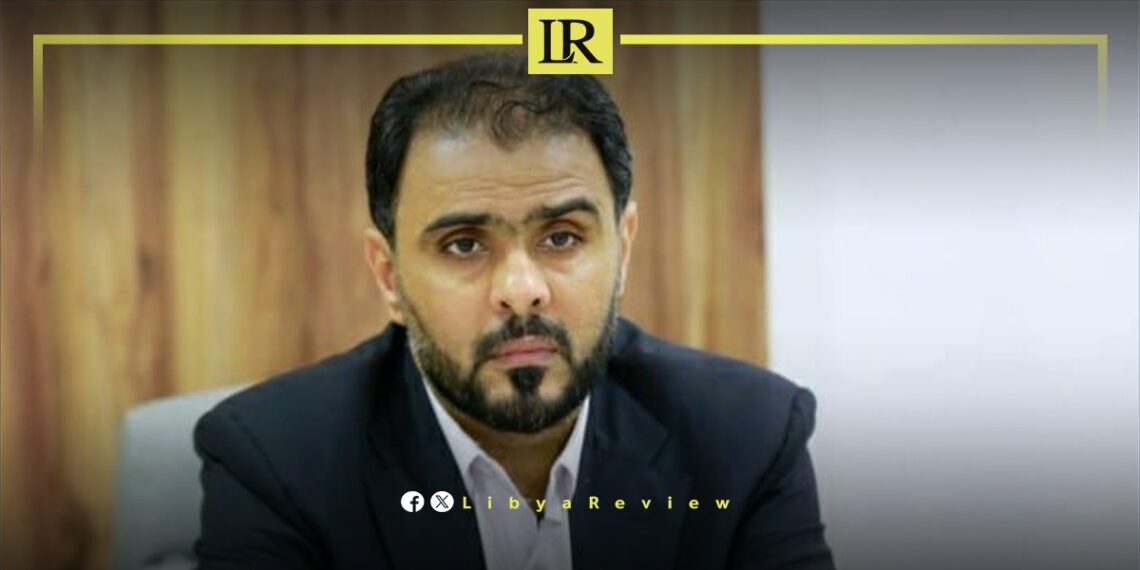On Monday, Libya’s Prime Minister of the Parliament-designate government, Osama Hammad urgently called on the House of Representatives to expedite the approval of the national budget for 2024.
This urgent appeal underscores the critical governance and financial management issues currently plaguing Libya, as the government seeks to navigate a post-conflict landscape fraught with challenges.
In a statement, Hammad raised significant concerns regarding the Tripoli-based Government of National Unity (GNU)’s continuation of public spending practices that violate state financial laws and regulations. He criticized the interim administration for abusing the payroll system for political advantage, a matter that has become glaringly evident.
Hammad also pointed out that the GNU government, headed by Prime Minister Abdul Hamid Dbaiba, has failed to distribute salaries to employees of the Zakat Authority in the southern region and has issued insufficient payroll for workers of the Endowments Authority in both the eastern and southern regions.
Further exacerbating the issue, the Libyan Premier highlighted that the Tripoli-based government has halted support payments to public service companies in the eastern and southern regions for more than six months.
Additionally, the Dbaiba-led government has neglected to address salary deficits owed to members of the Libyan National Army (LNA) aligned with the General Command, based on their political stance.
Hammad emphasized the urgent need to address these wrongful practices and the manipulation of citizens’ rights, calling for swift action to ensure proper governance.
This call to action sheds light on the financial and political challenges facing Libya as it seeks to stabilize and rebuild in a post-conflict environment.
The delay in approving the 2024 budget not only hinders the government’s ability to operate effectively but also signals deeper issues related to governance, transparency, and political alignment. Addressing these financial disputes is crucial for Libya’s journey towards national reconciliation, stability, and economic recovery.


